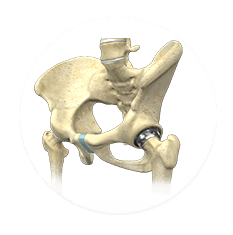Knee osteoarthritis risk unaffected by moderate exercise
Source: Medical News Today
A new study suggests that the risk of middle-aged and older adults developing knee arthritis is unaffected by doing up to 150 minutes per week of moderate physical activity, the level recommended by the US government.
Knee arthritis leading cause of disability and joint pain
Osteoarthritis occurs when the cartilage and underlying bone in a joint break down, leading to bony overgrowth, pain, swelling and stiffness.
The joints most affected are the knees, hips and those of the hands and spine. The condition, for which there is currently no cure, develops gradually, usually in the over-40s.




